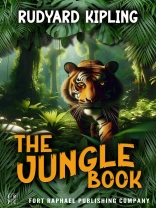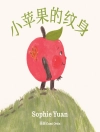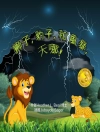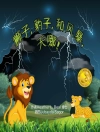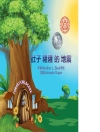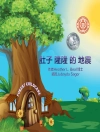‘The Jungle Book’ is Rudyard Kipling’s beloved collection of short stories, each of which deals with animals – and sometimes people! – living in and around the jungles of India. They were the basis for the hit Walt Disney animated film of the same name. These exciting tales include all of the stories of the man-cub Mowgli, who is abandoned in the wild and raised by wolves until it is determined that he should be returned to his own people, escorted by the wily panther, Bagheera. Along the way, they encounter Baloo the Bear, Kaa the Python and the terrifying and lethal tiger Shere Khan. But in addition to the Mowgli stories, there are additional tales and songs about elephants, camels, South Sea seals and the great mongoose Rikki-Tikki-Tavi, who defends his family against a venomous, deadly cobra! These stories are presented here as originally published in their unabridged and unedited format.
Mengenai Pengarang
Rudyard Kipling (1876-1936) was one of the most popular writers of the late-19th and early 20th centuries. A novelist, short story writer, poet and journalist, Kipling was born in Bombay (now Mumbai), India while the country was still under colonial rule. Much of his fiction is set in and inspired by the land of his birth.He is best known for his the two novels of the Jungle Book series as well as the books Kim, Captains Courageous, the collection of Just So Stories and his many works of short fiction, which includes Rikki-Tikki-Tavi and The Man Who Would Be King. His most famous poems include ‘Mandalay’ (1890), ‘Gunga Din’ (1890), ‘The White Man’s Burden’ (1899), and ‘If-‘(1910). After being educated in Great Britain and returning to India, Kipling immediately began work in newspapers, banging out stories at a furious clip and, in whatever spare time he can, churning out a vast number of poems and short stories. He soon graduated to longer works and as he did so, his fame grew larger and larger. By 1907, his literary reputation had grown to such an astonishing extent that he was awarded the Nobel Prize in literature at the age of 41. He was not only the first English-language speaker to receive the prize but, to this day, Kipling remains the youngest writer ever to have received this award).Though not without controversy (for his pro-colonial views of India and Ireland), Kipling’s works have never been out of print and his works have been adapted into dozens of stage, screen and television productions over the years.Kipling died of a perforated ulcer in 1936 at the age of 70 and his ashes are interred in ‘Poets’ Corner’ of Westminster Abbey in London.
